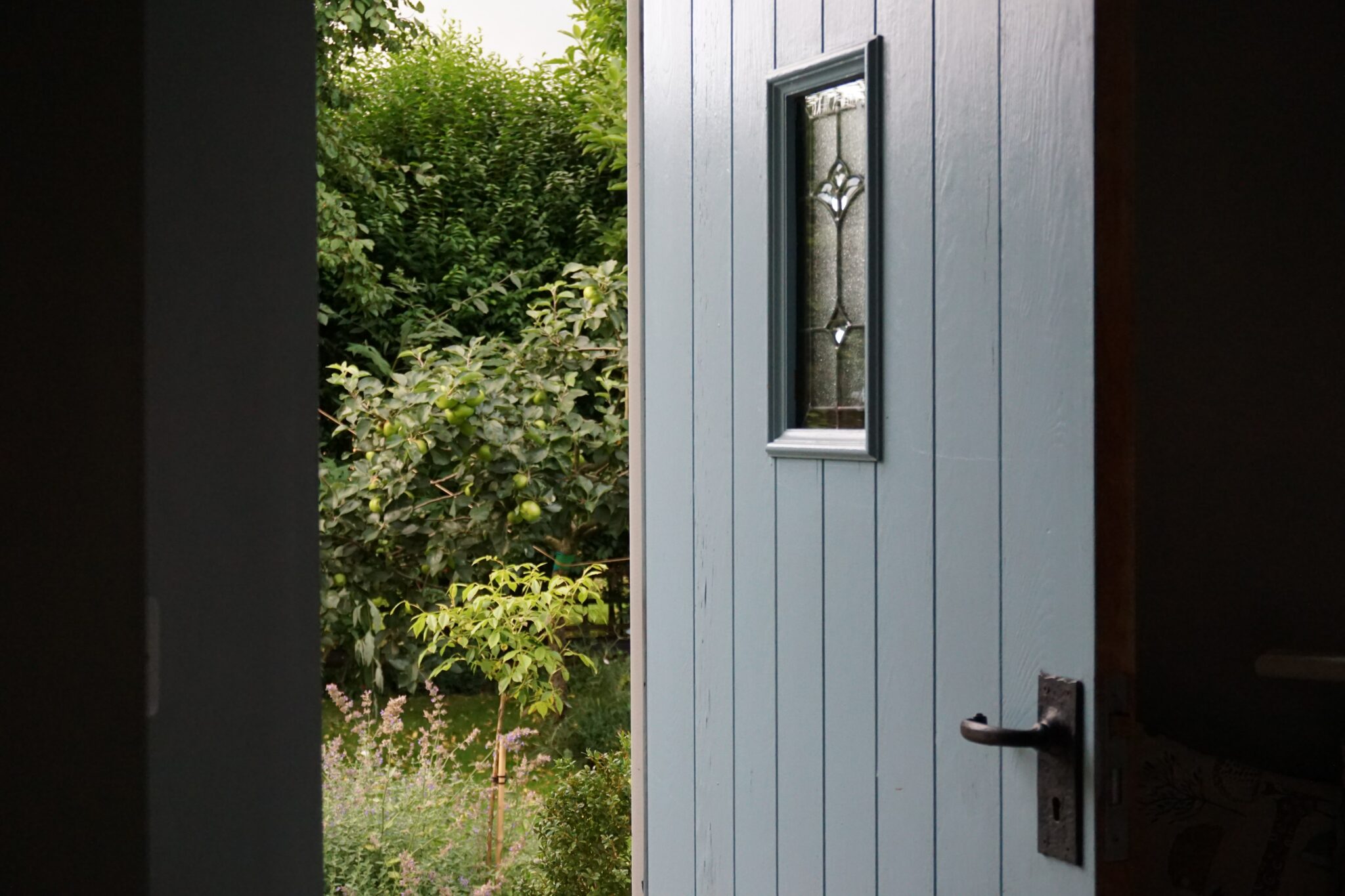How did I start with my ministry? To answer that question, it’s actually appropriate to start with how I became a Christian. My family came as immigrants, and there were no resources for us. When I think about Asian immigrants coming into New York, there wasn’t much help. Growing up in that environment and then learning English as a third language, you wonder, “Why do I feel so alone and not advocated for? Where are people to help me or my family? My parents work hard, and they came here and how come no one’s helping them?” But one relationship made a lasting difference in my life and eventual ministry.
This material was originally recorded as part of the Renovations Project. It has been lightly edited and condensed for clarity.
The pastor showed Christ to me
One day, this pastor found us, and he was super cool and very nice, and he hung out with my brother, me, and my family, and really got to know us. I thought, “This is a nice, Christian dude; I don’t know what this idea of Christianity means, but I’m willing to see if it works for me.”
The pastor was living in Woodside, which is a very diverse neighborhood, in Elmhurst, New York. He would always talk to his neighbors to see he could help them. His home was always open. He saw people that were in need, and he went and helped them. He and his wife and children just went outside and cooked for them, figured out how to connect them, got to know business owners to see what they needed, if they were suffering through sickness and how he could help with their companies, whatever it was. I’m thinking that if this is what Christianity looks like, I would love to be a part of it.
Come summer, he invites me to do something with the vacation Bible school. He teaches us all these things, and I’m watching him teach his kids. I think that’s where everything started. I think that’s where the Holy Spirit started working in my life. Seeing that Christians can be serving people who are not advocated for, who are voiceless, who are under resourced, and these Christians helped with these basic needs. I learned that I don’t need to think of how to start big things right now. I just need to speak to your life and see what you need.
That was how my ministry started—working with the neighborhood pastor.
Related: How you can love your neighbor as yourself in today’s world
Combining business and youth group
Eventually, I grew up and went to business school in New York. Then, my brother and I were working for real estate companies, and we decided to start a title insurance company. I was already very heavily involved in youth ministry here in Queens, New York.
I decided that, if I’m starting a company with my brother, why don’t I just hire these teenagers? Someone had taken a chance on me, so why not take a chance on the teens? We had to teach them some proper mannerisms, but it was fine. It was very nice, because my clients who are attorneys would say, “Well, you guys are really nice people. And these kids are super hungry to learn.”
It seemed like our clients really liked the relational aspect. Back when I was watching that pastor who was discipling me, I thought that being relational really is a basic need. I wondered what that would look like if I brought it into the business. Because being relational in businesses is great. That’s how you create clientele lists and things like that.
When you walk into the company, people are getting up, and they’re talking to you. And everyone always says that real estate is not supposed to be this way; you are supposed to be very cutthroat. But when you walk into the company, either offices in the city, Times Square, or even in Bayside in Queens, people get up. They go to you, they talk to you, and then they walk you around. They introduce you to people. Then the company grows, and it allows me to hire more people from the neighborhood back into the company.
I see my company as a ministry. I see all of my companies as ministries. I don’t see it as a way to make money. I see it as a way to create a bigger community where I can provide for them. Making money is great. I’m not saying that’s wrong, but that isn’t my focus. My focus is how I do ministry and community within my businesses.
I’ve been in youth ministry for 18 years, and working with the youth has been interesting because it is like having your own children. Their parents are not home. They don’t have money most of the time to eat, so they have to figure out ways to hustle, whether it is playing ball and betting on things like that. They use that money to go buy a sandwich.
Related: What do teens really need (and want) from youth ministry today?
Being relational means my door is never locked
My home is never locked. Even now as we’re speaking, there are people there, but not just teenagers; it’s anyone of any age group. Sometimes I’ll wake up, and there will be people from my neighborhood showering in my bathrooms. I’ll just wait and ask, “Who are you?” And this happens often. Sometimes when I’m home and people come over, they just want to eat or they want to study, or they want to do work. This has been my beat since I moved into the neighborhood specifically for ministry.
I’ve learned that when being relational with people, you really do find out what their gifts are. Recently, I met a couple of teenagers through the basketball ministry that my pastor at the church plant has started. He and his friends are not looking forward to going to college nor does their high school promote college to their kids. They just want them to graduate and leave.
These kids have great skills. They’re hungry, and they really want to learn skills like how to do business and how to run different departments. When they come with me to events, they’re just like, “We want to learn that.” Now I’m at a relational point where you can ask me that, and I can hire them. In fact, I just hired three of them.
One of them just got baptized two weeks ago. It was all because he was looking at what Christians are doing and he said, “I want to learn.” I went to my office, and I took out my catechism book, and I said, “This is strange to do this with teenagers, but let’s learn the catechism.” As we went through them, he said, “This is what I’m missing.” The second he spoke like that, I was just like, wow, this is worth it.
Now he’s in my apartment working, and he invited his friends to meet with me on Friday, which is amazing, because they’re from the neighborhood. It’s my policy to always meet the legal guardians of the teens, so of course I said, “I want to meet your parents.” I invite them into my home and meet their legal guardians, and then the process starts over again.
They’re willing to come and meet me, and here’s my opportunity not to sell my company, but to share my faith and my belief. Not that God needs that, but I think having your home opened and being relational to people of all different backgrounds is very different. And I know that people see it and think it’s just weird. I have cameras, by the way, so that’s also like a reassessing risk for me, to keep myself and the people around me safe. It has to be a safe environment when I’m doing relational things with people.

Renew your church’s imagination for ministry
The Renovations Project helps leaders learn, together.
- Thought-provoking masterclasses
- Personalized coaching
- Immersive visit to a ministry innovation hub
- Ministry innovation grants up to $5,000

Lester Lin
Lester Lin is founder and CEO of City Mission NYC, which helps aid immigrants and people experiencing homelessness in one of the most diverse ZIP codes in the world. He is a church planter and is also involved in a number of companies that support the natural talents of his community, from a record label to an insurance company. He participated in listening sessions about innovation hosted by the Reformed Church in America.



